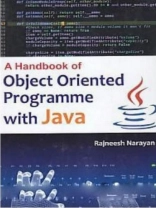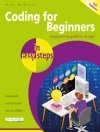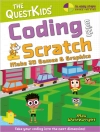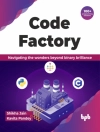Objects, which are usually instances of classes, are used to interact with one another to design applications and computer programs. C++, Objective-C, Smalltalk, Java, C#, Perl, Python, Ruby and PHP are examples of object-oriented programming languages. The object oriented approach encourages the programmer to place data where it is not directly accessible by the rest of the system. Instead, the data is accessed by calling specially written functions, called methods, which are bundled with the data. These act as the intermediaries for retrieving or modifying the data they control. The programming construct that combines data with a set of methods for accessing and managing those data is called an object. The practice of using subroutines to examine or modify certain kinds of data was also used in non-OOP modular programming, well before the widespread use of object-oriented programming. Challenges of object-oriented design are addressed by several methodologies. More broadly, the term ‘;design patterns’ can be used to refer to any general, repeatable solution to a commonly occurring problem in software design. Some of these commonly occurring problems have implications and solutions particular to object-oriented development. To date, books on object-oriented programming have focused either on the methodology of the object-oriented paradigm or on teaching the details of a particular programming language. Primarily intended as a text for undergraduate students of engineering, undergraduate and postgraduate students of computer applications, and postgraduate students of management, the book should also prove to be a stimulating study for all those who have a keen interest in the subject.
Rajneesh Narayan
Hand Book Of Objected Oriented Programme With Java [EPUB ebook]
Hand Book Of Objected Oriented Programme With Java [EPUB ebook]
购买此电子书可免费获赠一本!
语言 英语 ● 格式 EPUB ● 网页 286 ● ISBN 9789390433964 ● 出版者 Concept Publishing Company Pvt. Ltd. ● 发布时间 2014 ● 下载 3 时 ● 货币 EUR ● ID 8236183 ● 复制保护 Adobe DRM
需要具备DRM功能的电子书阅读器












